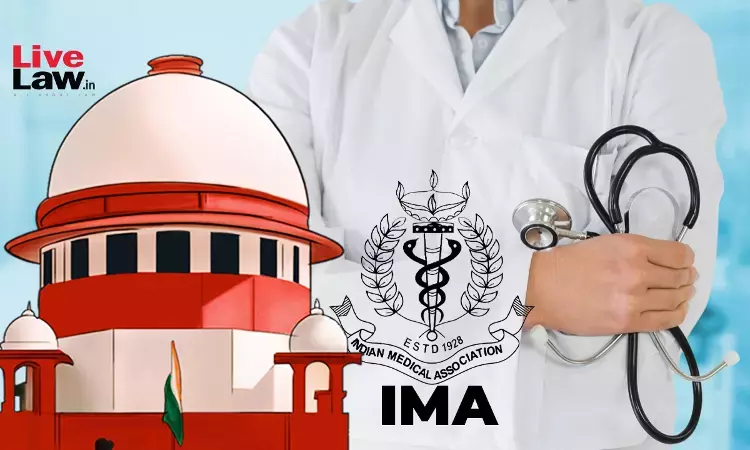Supreme Court Summons Chief Secretaries Of AP, Delhi & JK To Explain Failure To Act Against Misleading Medical Ads
Debby Jain
10 Feb 2025 5:31 PM IST

Next Story
10 Feb 2025 5:31 PM IST
The Supreme Court today asked Chief Secretaries of Andhra Pradesh, Delhi and Jammu & Kashmir to appear on March 7 virtually and explain why they haven't complied with directions passed by the Court earlier to act against misleading medical advertisements.Hearing a writ petition filed by the Indian Medical Association, the Court also asked them to explain why they have not filed...
